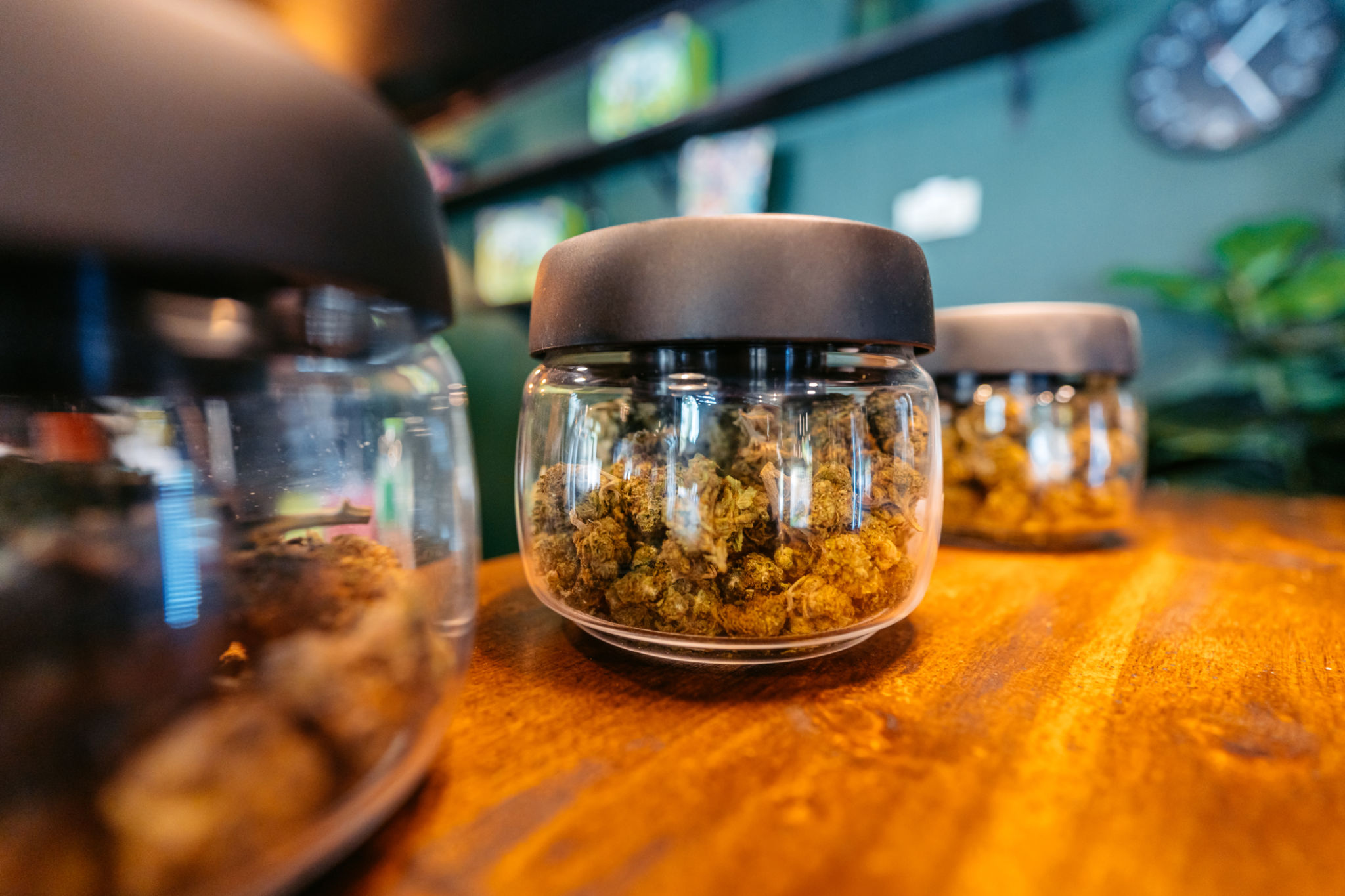Debunking Myths About Hemp Farming and CBD Oil
Understanding the Basics of Hemp Farming
Hemp farming has gained significant traction in recent years, yet it remains shrouded in misconceptions. To begin with, it's important to understand that hemp is a variety of the Cannabis sativa plant species. Unlike its cousin marijuana, hemp is cultivated primarily for industrial purposes and contains only trace amounts of THC, the psychoactive compound.

One common myth about hemp farming is that it requires extensive land and resources. In reality, hemp is a highly versatile crop that can thrive in various climates and soil types. It also has a relatively short growing cycle, making it an efficient choice for farmers looking to diversify their crops.
Dispelling Misconceptions about CBD Oil
Cannabidiol (CBD) oil is often misunderstood due to its association with cannabis. A major myth is that CBD oil can get you "high." This is not true, as CBD oil contains minimal THC levels, which are insufficient to produce any mind-altering effects. Instead, CBD is celebrated for its potential health benefits.

Another misconception is that all CBD oil products are the same. In fact, the quality and concentration of CBD can vary significantly between products. It's crucial for consumers to do their research and purchase from reputable sources to ensure they are getting a high-quality product.
The Environmental Benefits of Hemp
Many people are unaware of the environmental advantages of hemp farming. Hemp plants have a deep root system that helps to aerate the soil and reduce erosion. Additionally, hemp requires fewer pesticides and herbicides compared to other crops, making it a more sustainable option.

Moreover, hemp is known for its ability to absorb CO2 from the atmosphere, contributing to lower carbon emissions. This makes it an attractive option for those interested in reducing their environmental footprint while supporting sustainable agriculture practices.
The Legal Landscape of Hemp and CBD
The legal status of hemp and CBD products varies around the world, leading to confusion and myths about its legality. In many countries, hemp cultivation and CBD products are legal, provided they contain less than a certain percentage of THC.
It's essential for both farmers and consumers to stay informed about the laws in their specific region as regulations continue to evolve. Understanding the legal framework can help dispel myths and encourage responsible use and cultivation of hemp and CBD products.
The Economic Impact of Hemp Farming
Hemp farming is often seen as a risky business venture due to its association with cannabis. However, it presents numerous economic opportunities. From textiles to biofuel, hemp can be used in a wide range of industries, creating diverse revenue streams for farmers.

As demand for eco-friendly products continues to rise, so does the market potential for hemp-based goods. This growth not only benefits farmers but also stimulates local economies by creating jobs and encouraging investment in sustainable practices.
Conclusion: Embracing Hemp's Potential
As misconceptions about hemp farming and CBD oil are debunked, it's clear that both hold promising potential for sustainable agriculture and wellness. By educating ourselves and others, we can foster a better understanding of these versatile resources and their benefits.
As consumers become more conscious of their choices, embracing hemp's potential could lead to healthier lifestyles and a more sustainable planet.